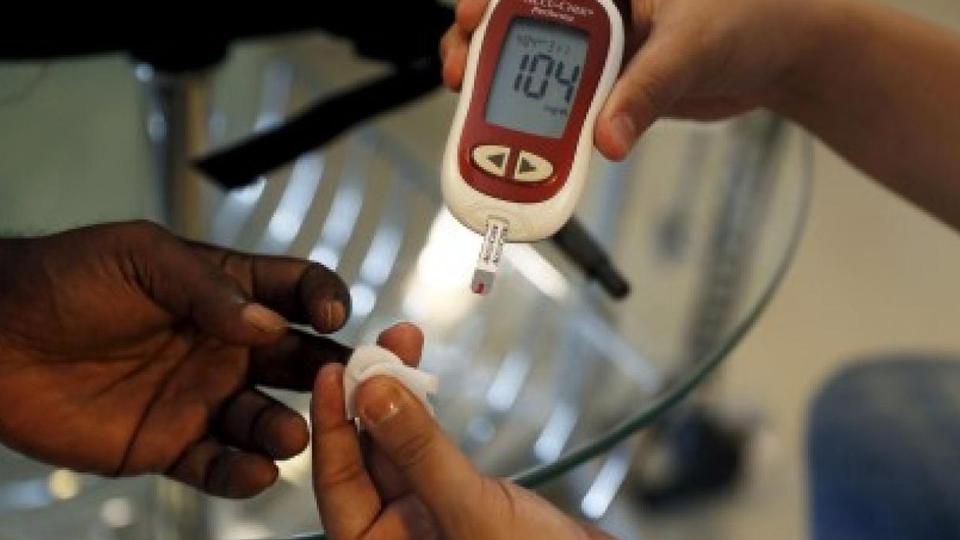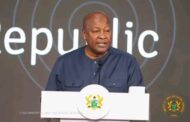World Health Organization (WHO) estimates that in Africa, more than 19 million people are living with diabetes and this number is expected to grow to 47 million by 2025.
Sadly, about two-thirds of people living with diabetes in African countries are unaware of their condition.
The known risk factors for diabetes include family history, age, being overweight, having a sedentary lifestyle, unhealthy diet, or use of alcohol or tobacco.
On November 14 each year, the international community commemorates World Diabetes Day to raise awareness on the growing burden of diabetes and strategies to prevent and treat it.
The theme for this year, and until 2023, is, “Access to diabetes care”.
According to the World Health Organization’s (WHO) Regional Director for Africa, Dr. Matshidiso Moeti, governments must make essential products like insulin, blood glucometers, and test strips available to all communities.
“For example, in Ghana, it would take the average worker more than five days of earnings to save up for a monthly supply of insulin, in most African countries, the cost of insulin and monitoring products for diabetes and other non-communicable diseases, are paid for out of pocket by individuals and their families,” she said.
Source: mybrytfmonline.com/Kofi Atakora




















































